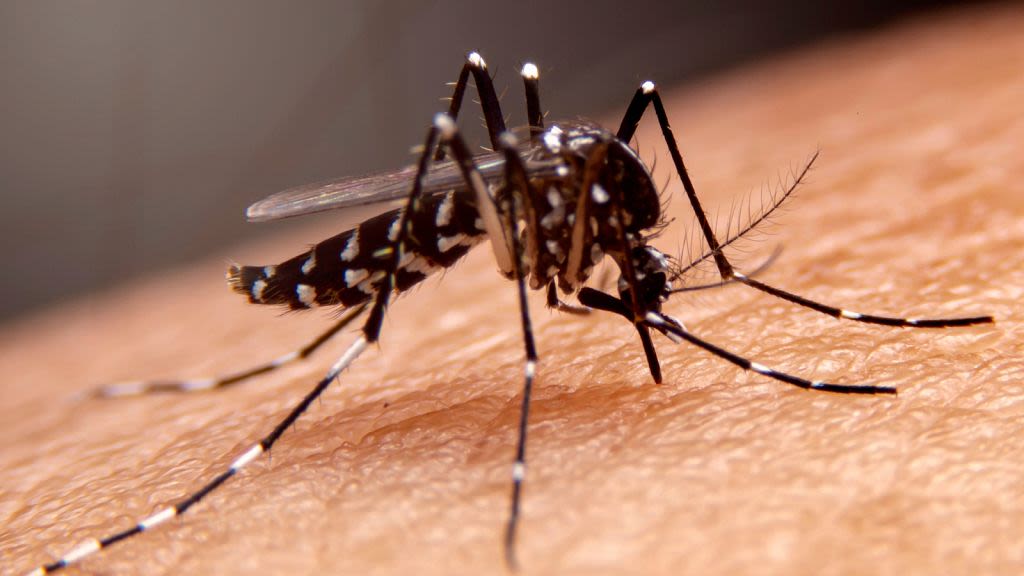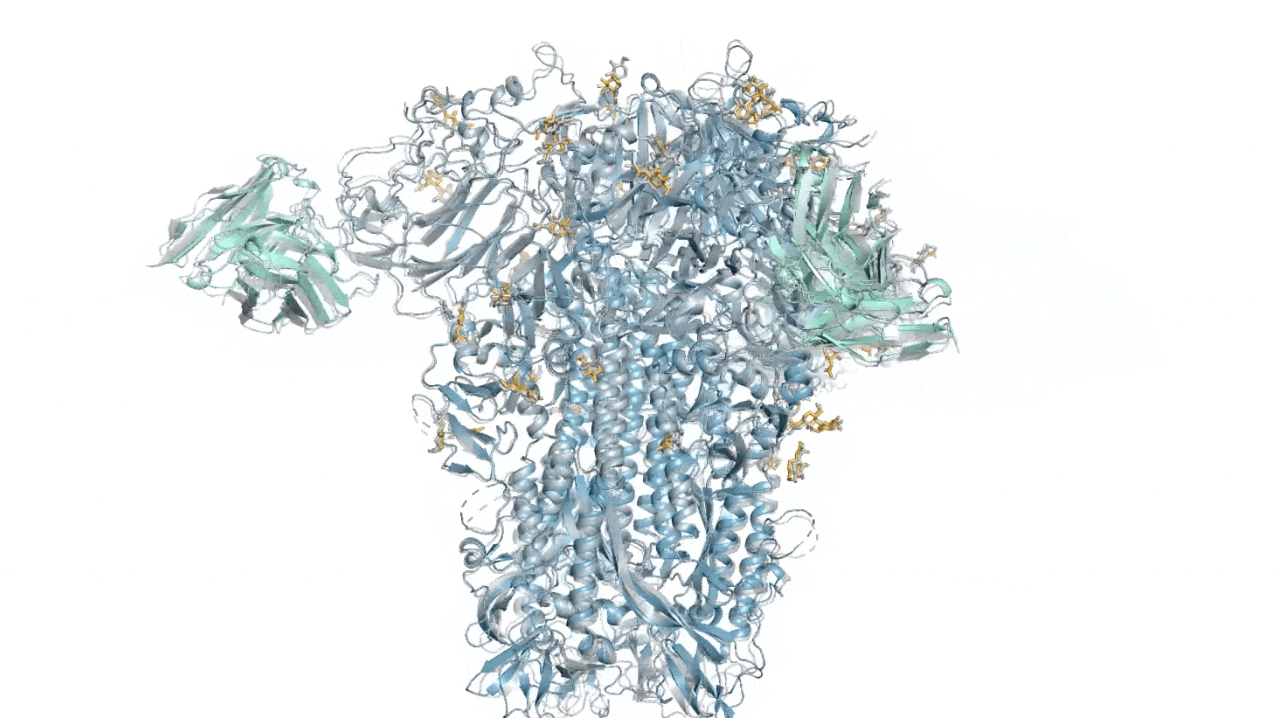Search results
Feb 9, 2023 · Malaria is treated with prescription drugs to kill the parasite. The types of drugs and the length of treatment will vary, depending on: Which type of malaria parasite you have; The severity of your symptoms; Your age; Whether you're pregnant
Jun 28, 2023 · Malaria can be a severe, potentially fatal disease (especially when caused by Plasmodium falciparum), and treatment should be initiated as soon as possible. Which drug regimen to treat a patient with malaria depends on the clinical status of the patient, the type (species) of the infecting parasite, the area where the infection was acquired and ...
News about malaria, Kenya, GHIT Fund
News about Melinda French Gates, Bill Gates, net worth
Also in the news
Aug 22, 2023 · Starting treatment immediately is the best way to treat malaria and prevent serious and life-threatening issues. The type of drugs prescribed, and length of treatment depend on. Patients in the U.S. are typically hospitalized for malaria treatment.
- Key Facts
- Overview
- Symptoms
- Disease Burden
- Prevention
- Treatment
- Elimination
- Surveillance
- Who Response
Globally in 2022, there were an estimated 249 million malaria cases and 608 000 malaria deaths in 85 countries.The WHO African Region carries a disproportionately high share of the global malaria burden.In 2022, the Region was home to 94% of malaria cases (233 million) and 95% (580 000) of malaria deaths.Children under 5 accounted for about 80% of all malaria deaths in the Region.Malaria is a life-threatening disease spread to humans by some types of mosquitoes. It is mostly found in tropical countries. It is preventable and curable. The infection is caused by a parasite and does not spread from person to person. Symptoms can be mild or life-threatening. Mild symptoms are fever, chills and headache. Severe symptoms include ...
The most common early symptoms of malaria are fever, headache and chills. Symptoms usually start within 10–15 days of getting bitten by an infected mosquito. Symptoms may be mild for some people, especially for those who have had a malaria infection before. Because some malaria symptoms are not specific, getting tested early is important. Some type...
According to the latest World malaria report, there were 249 million cases of malaria in 2022 compared to 244 million cases in 2021. The estimated number of malaria deaths stood at 608 000 in 2022 compared to 610 000 in 2021. The WHO African Region continues to carry a disproportionately high share of the global malaria burden. In 2022 the Region w...
Malaria can be prevented by avoiding mosquito bites and by taking medicines. Talk to a doctor about taking medicines such as chemoprophylaxis before travelling to areas where malaria is common. Lower the risk of getting malaria by avoiding mosquito bites: 1. Use mosquito nets when sleeping in places where malaria is present 2. Use mosquito repellen...
Early diagnosis and treatment of malaria reduces disease, prevents deaths and contributes to reducing transmission. WHO recommends that all suspected cases of malaria be confirmed using parasite-based diagnostic testing(through either microscopy or a rapid diagnostic test). Malaria is a serious infection and always requires treatment with medicine....
Malaria elimination is defined as the interruption of local transmission of a specified malaria parasite species in a defined geographical area as a result of deliberate activities. Continued measures to prevent re-establishment of transmission are required. In 2022, 34 countries reported fewer than 1000 indigenous cases of the disease, up from jus...
Malaria surveillanceis the continuous and systematic collection, analysis and interpretation of malaria-related data, and the use of that data in the planning, implementation and evaluation of public health practice. Improved surveillance of malaria cases and deaths helps ministries of health determine which areas or population groups are most affe...
The WHO Global technical strategy for malaria 2016–2030, updated in 2021, provides a technical framework for all malaria-endemic countries. It is intended to guide and support regional and country programmes as they work towards malaria control and elimination. The strategy sets ambitious but achievable global targets, including: 1. reducing malari...
The primary objective of treatment is to ensure the rapid and complete elimination of the parasites causing the disease from a patient’s bloodstream in order to prevent an uncomplicated case of malaria from progressing to severe disease or death. Effective treatment reduces transmission of the infection to others and also prevents the ...
Dec 4, 2023 · Questions and answers / Malaria. 12 January 2024 | Q&A. Malaria is an acute febrile illness caused by Plasmodium parasites, which are spread to people through the bites of infected female Anopheles mosquitoes. It is preventable and curable. What is malaria and how is it transmitted? Who is at risk of malaria?





